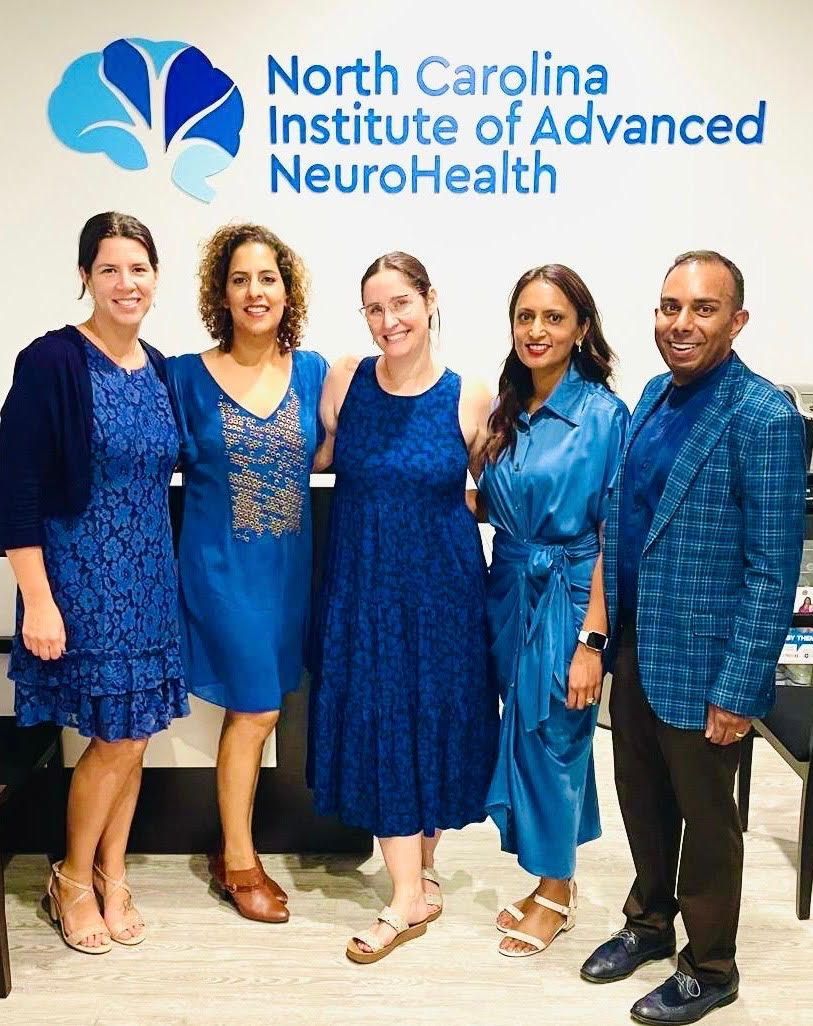5 Things Everyone Should Know About PTSD
This is a subtitle for your new post
Post-Traumatic Stress Disorder (PTSD) is often shrouded in misunderstanding and stigma, wrongly assumed to afflict military veterans exclusively. However, the truth is that PTSD can affect anyone who has undergone or witnessed a traumatic event.
Join us as we explore five important facts about PTSD that can help us better support those dealing with it. Let's break down the barriers to promote understanding and recovery.
1. Prevalence of PTSD: A Closer Look at the Statistics
PTSD is more common than you might think, affecting approximately 7-8% of individuals in their lifetime. It is not limited to specific demographics or experiences but can emerge from various traumatic events. By understanding its prevalence, we can start breaking the misconceptions surrounding this disorder and provide support to those who need it.
2. Recognizing PTSD in Children: Encouraging Expression and Support for Recovery
It's a common misconception that only adults can experience post-traumatic stress disorder (PTSD). Unfortunately, children can also develop PTSD if they've experienced or witnessed something traumatic. Many people believe that children are too young to understand the gravity of a traumatic event and, therefore, won't be affected by it in the long term. However, the opposite is true.
Children are often more vulnerable than adults due to their limited coping mechanisms and support structures. For this reason, parents and caregivers should educate themselves on the signs and symptoms of PTSD in children.
Encouraging open expression of feelings and thoughts without judgment is also essential. By creating a safe space for children to communicate, parents and caregivers can help them process their emotions and provide the necessary support for their healing journey.
3. Interacting with PTSD: Navigating the Challenges and Providing Support
Interacting with people who have PTSD can be a challenge. Those suffering from this condition deal with enormous distress and turmoil, affecting their ability to function normally and communicate effectively.
The symptoms of PTSD can include depression, mistrust, and anger, which can make it difficult to get along with people and maintain healthy relationships. It's important to approach those with PTSD with patience and understanding, as they may need your support and guidance in navigating their emotions.
Although it might be frustrating sometimes, it's crucial to remember that interacting with people with PTSD - ideally via face-to-face interaction and support - is an opportunity to make a positive difference in someone's life.
4. Prolonged PTSD: Factors Influencing Long-Term Impact
The duration and intensity of traumatic events, the risk of harm, past trauma, pre-existing mental health conditions, and direct exposure to the traumatic event can all contribute to the long-term impact of PTSD.
Recognizing these factors is essential in understanding why some individuals experience lasting symptoms. Acknowledging these influences can provide insight and support to those navigating prolonged PTSD.
5. Recovery Outlook: Understanding the Timeline of PTSD Symptoms
PTSD symptoms may naturally disappear within three months for approximately 50% of individuals. However, for the remaining percentage, symptoms may persist beyond that timeline.
Each person's recovery journey is unique, and it's important to remember that healing takes time. Patience, empathy, and professional support can make a significant difference in helping individuals with PTSD reclaim their lives.
How Innovative Therapies like TMS Therapy Can Help
One innovative therapy that has shown promise in treating PTSD is Transcranial Magnetic Stimulation (TMS) therapy. TMS therapy is an outpatient, non-invasive treatment that has shown long-term relief from debilitating symptoms for 50-60% of patients who undergo treatment.
TMS therapy targets the brain's neural pathways, helping to alleviate the symptoms of depression caused by trauma. This therapy offers hope for those who have not found relief through traditional treatment methods.
PTSD Treatment in Apex
PTSD is a complex and challenging condition that affects individuals from all walks of life. Increasing awareness and understanding can create a more compassionate and supportive society for those with PTSD.
If you or someone you know is seeking PTSD treatment in Apex, consider exploring TMS therapy at the NC Institute of Advanced NeuroHealth in Apex, NC. Remember, with the right support, recovery from PTSD is possible, and a brighter future awaits.





















